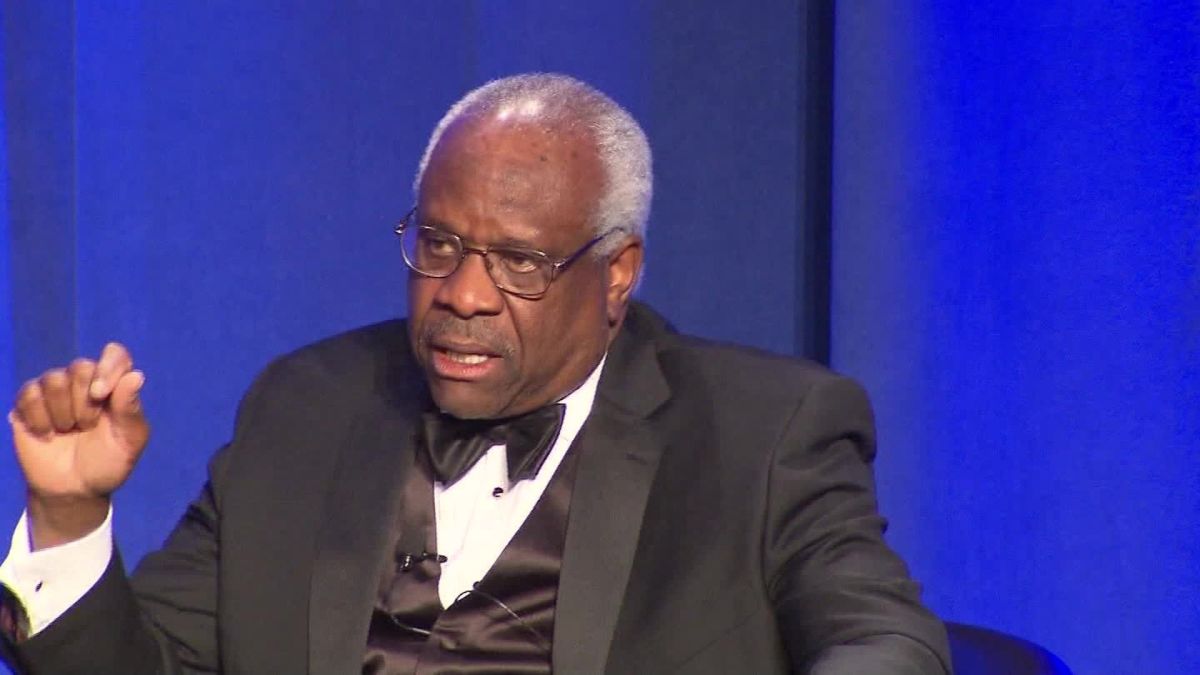
The Role of Law in Society
As a legal expert and editor of an online legal journal, I am often asked about the importance of law in society. In this opinion editorial, I aim to explore the significance of law and put forth my views on its role in shaping our society.
The Purpose of Law
The primary purpose of law is to provide order and stability to a society. It establishes a framework of rules and regulations that govern the behavior of individuals and institutions. These laws create a system of predictability and consistency within which everyone can operate.
Long-tail Keyword: The Function of Law Enforcement
Law enforcement is one of the most important functions of law in society. It ensures compliance with the established laws and regulations and puts a check on criminal activity. Law enforcement agencies, such as the police, play a crucial role in maintaining order and safety in society.
Long-tail Keyword: Legal Protection for Individuals
Another important function of law is to provide legal protections to individuals and groups within society. Laws regarding human rights, civil liberties, and property rights ensure that individuals are protected against discrimination, harassment, and unfair treatment. These laws empower individuals to pursue justice and equality, regardless of their background or social status.
The Role of Law in Promoting Equality and Justice
Law is a powerful tool for promoting equality and justice in society. It can rectify historical injustices, provide redress to the marginalized, and create a level playing field for all individuals. Laws such as anti-discrimination laws and affirmative action policies can go a long way in promoting equality and rectifying systemic inequalities.
Long-tail Keyword: The Role of the Judiciary
The judiciary, which interprets and applies the law, plays a fundamental role in shaping the legal landscape of a society. It ensures that the law is applied equally to all individuals and that justice is delivered impartially. A strong and independent judiciary is an essential component of a fair and just legal system.
Long-tail Keyword: Legal Protections for the Marginalized
Law can also be used to protect and uplift marginalized groups within society. Laws that provide legal protections for minority groups, such as the LGBTQ+ community and people with disabilities, can go a long way in ensuring their rights and dignity are respected. Additionally, laws that provide for affirmative action policies and social welfare programs can help address the underlying systemic inequalities that lead to marginalization.
Law as a Mechanism for Social Change
Law has played a crucial role in shaping our society and driving social change. Through landmark legal cases and legislation, law has been used to strike down discriminatory laws and establish new legal norms. Some of the most impactful social movements, such as the Civil Rights Movement and the Women’s Rights Movement, have been driven by legal activism and advocacy.
Long-tail Keyword: The Power of Legal Advocacy
Legal advocacy and activism have been instrumental in driving social change throughout history. Lawyers, activists, and community organizers have used legal tools such as lobbying, litigation, and public education campaigns to advance social justice. By harnessing the power of the law, they have been able to effect lasting change and improve the lives of millions of people.
Long-tail Keyword: Intersectionality and the Law
Intersectionality, the interconnectedness of social identities and systems of oppression, has become an increasingly important concept in legal circles. To promote social change, it is essential to acknowledge and address the ways in which different forms of oppression intersect. Laws and policies that take an intersectional approach can address the unique experiences and needs of marginalized communities.
Conclusion
The role of law in society is multifaceted and complex. It serves as a mechanism for creating order and stability, protecting individual rights, promoting equality and justice, and driving social change. As legal experts, it is our responsibility to use the law as a tool for positive social transformation and to ensure that justice is available to all individuals, regardless of their background or social status.
Originally Post From https://thehill.com/regulation/court-battles/4733269-thomas-dissent-supreme-court-guns/
Read more about this topic at
Exploring New Horizons – Transforming lives through outdoor …
Exploring New Horizons Outdoor School


